Question And Answer
Publications
Articles, publications, books, tools and multimedia features from the U.S. Institute of Peace provide the latest news, analysis, research findings, practitioner guides and reports, all related to the conflict zones and issues that are at the center of the Institute’s work to prevent and reduce violent conflict.
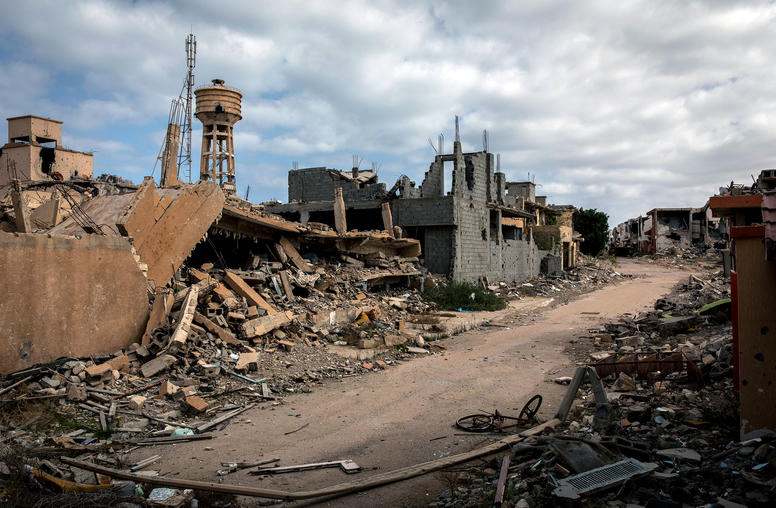
The New U.S. Plan to Stabilize Conflicts: The Case of Libya
Almost 11 years after ousting the dictatorship of Muammar Qaddafi, Libya remains a largely ungoverned land divided among warlord-led factions that fight with support from rival foreign countries. Libya’s instability resonates widely, permitting the trafficking of weapons to the Sahel and migrants to Europe. Repeated peace efforts have failed to help Libyans form a unified national government, yet Libyans continue to show the capacity to overcome communal divisions and build peace at local levels. That demonstrated capacity offers an opportunity that can be expanded by the U.S. government’s decision, under its Global Fragility Strategy, to direct a new peacebuilding effort toward Libya.

Elie Abouaoun on Libya’s Elections
With the vote likely to be postponed, USIP’s Elie Abouaoun says frustrations are high over Libya’s political and economic stagnation as the international community tries to “generate a new political agreement … just to make sure the elections can happen without a major outbreak of violence.”
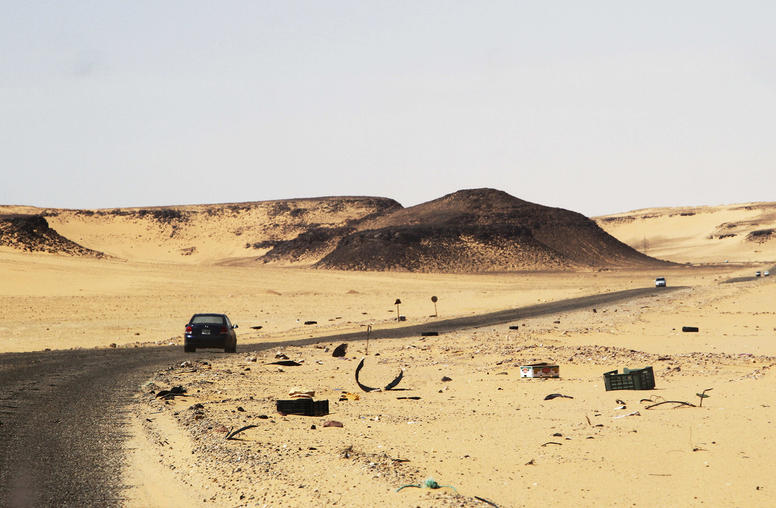
Young and Angry in Fezzan: Achieving Stability in Southern Libya through Greater Economic Opportunity
The Fezzan region of Libya is home both to the country’s largest oil field, making it key to Libya’s oil-based economy, and to some of its direst poverty. Young people have borne the brunt of the region’s chronic development challenges, making them vulnerable to recruitment by armed groups and criminal networks. This report focuses on the grievances of Fezzan’s youth and explores how peacebuilding efforts can channel their needs and aspirations into larger conversations about the region’s long-term political and economic development.
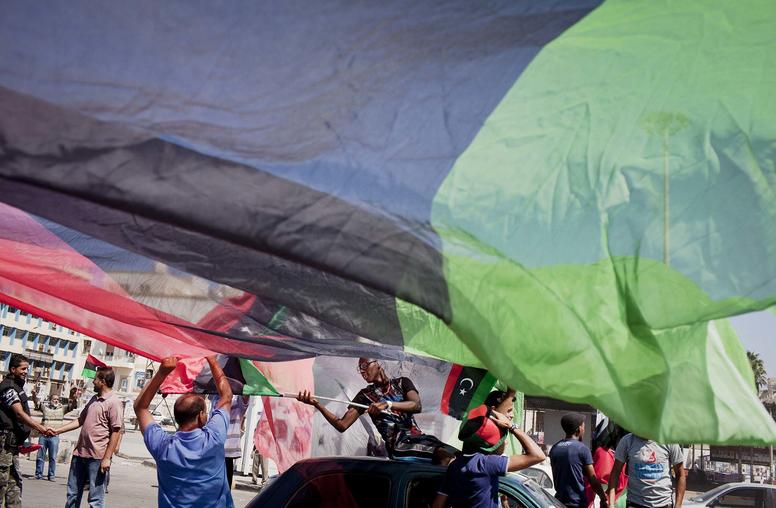
On the Road to Peace, Libya Makes Progress but Hits Pitfalls
After a decade of war and division, Libya has made progress toward peace this year. In March, a Government of National Unity (GNU) was formed to unify the warring Western-based Government of National Accord and the Eastern-based authorities supported by Gen. Khalifa Haftar, who commands forces known as the Libyan Arab Armed Forces (or Libyan National Army). The GNU is a provisional body meant to lead the country to long-delayed elections on December 24. While some progress has been made — a cease-fire agreement has been signed and the executive has been unified — many challenges remain. Chief among those challenges is developing a framework for national reconciliation and addressing the destabilizing role of foreign powers.
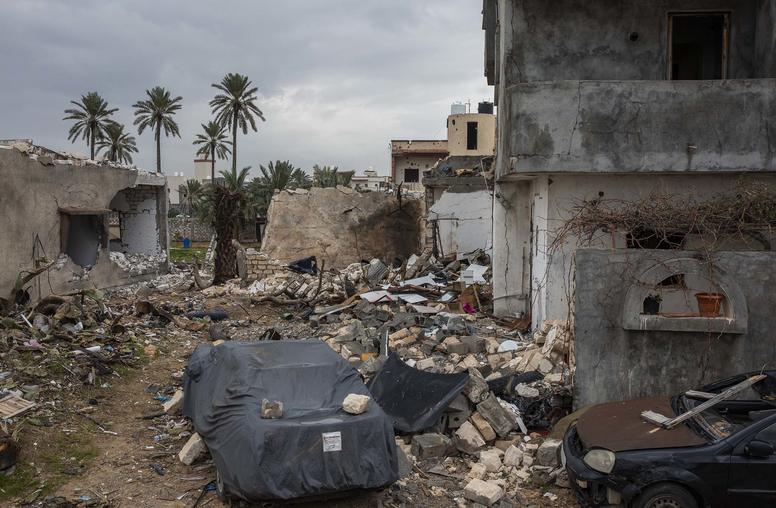
Libya: Amid Hope for Peace, Regional Rifts Still Pose Hurdles
Libyans and the United Nations advanced their current effort to end almost a decade of instability and war this month when a U.N.-backed forum nominated an interim government to prepare nationwide elections by the end of 2021. The new transitional government brings hope that this process—the third major U.N. peace effort in Libya—might lead to stability. Still, achieving lasting peace will require that the process address the main underlying driver of conflict: the divisions among Libya’s three main regions, notably over how to organize the government. It also will need the United States and other countries to support the transitional government and hold Libya’s contesting sides accountable.
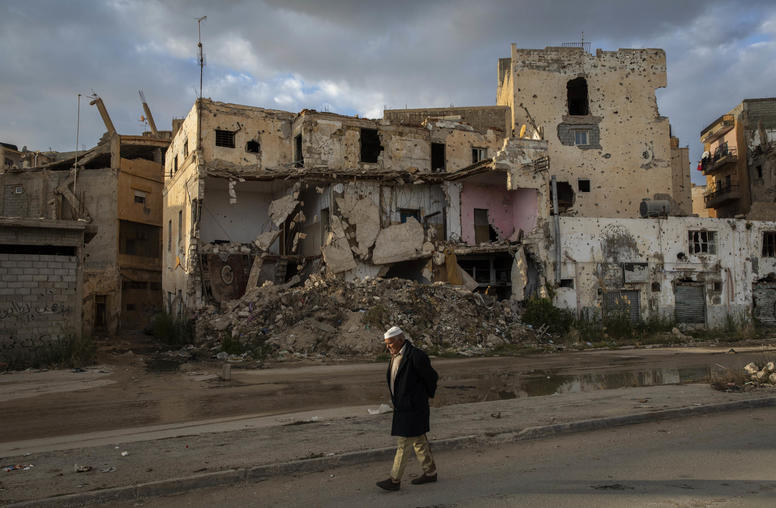
Libya 10 Years After Revolution: To Forgive or Forget
This week marks the 10-year anniversary of the uprising that overthrew the four-decade dictatorship of Muammar Qaddafi. In the intervening decade, Libya has been mired in conflict and political gridlock, exacerbated by competing power centers and longstanding tribal hostilities. What’s more, a host of foreign powers have entered the fray, looking to pursue their own interests rather than build a peaceful Libya. While there is momentum toward peace in recent months, Libyans will have to decide for themselves how to arrive at reconciliation and build a roadmap to get to a sustainable peace. But what does that look like?
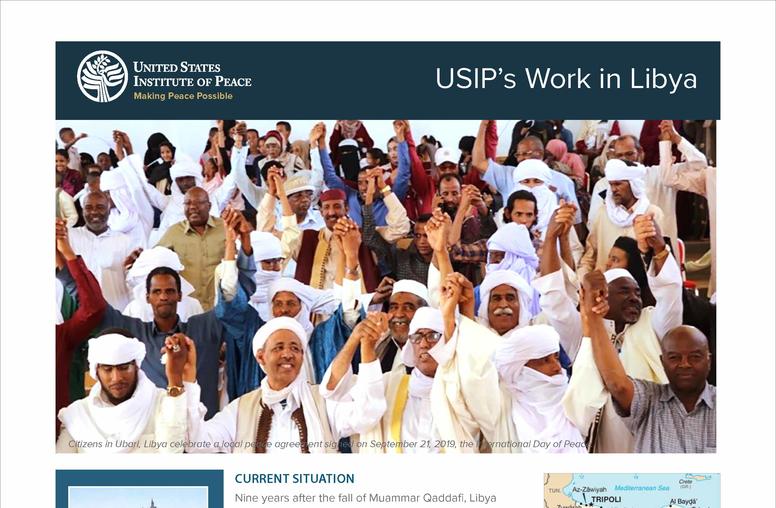
The Current Situation in Libya
Eight years after the fall of Muammar Qaddafi, Libya continues to struggle to end its violent conflict and build state institutions. External actors have exacerbated Libya’s problems by funneling money and weapons to proxies that have put personal interests above those of the Libyan people.

Libya: Peace Talks Advance, But Will Need Local Support
Libyans have taken an uncertain step toward ending nearly a decade of civil war, agreeing in U.N.-mediated talks to hold national elections in December 2021. The discussions, in the neighboring capital, Tunis, fell short of yielding a transitional government to oversee the elections and the establishment of a new constitution. The talks are shortly to resume. From Tunis, USIP’s Nate Wilson notes that the step is positive for a country that began 2020 with a surge in warfare and the involvement of foreign forces. Making this peace effort effective will require restraining that foreign involvement, he says, and will need to ground the talks in grassroots support.
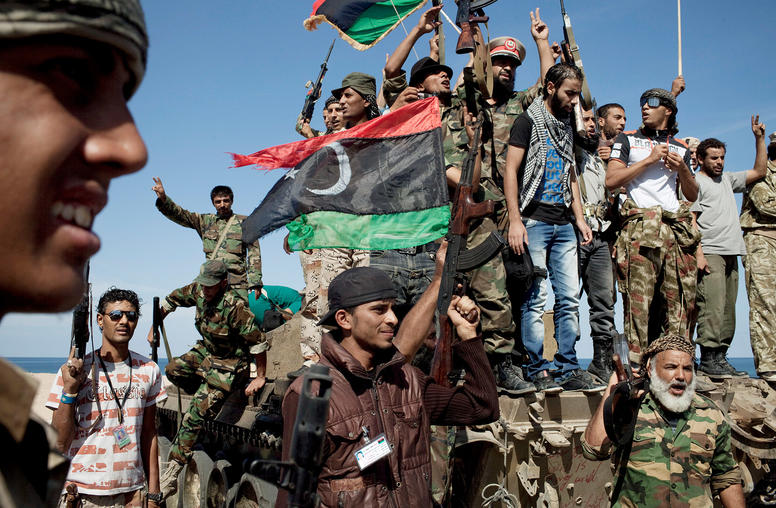
Oil Blockades, Protests and Resignations: The Latest on Libya’s Conflict
As global and regional players jockey for influence, international efforts to resolve the conflict remain stymied and ineffective. Meanwhile, Libya’s vast oil reserves—which provided a decent standard of living for many Libyans prior to 2011—have been under blockade, devasting the economy and livelihoods and leading to mounting frustration among Libyans. Further muddying the waters, the prime minister of the U.N.-backed Government of National Accord (GNA), Fayez al-Sarraj, announced he would step down in October and transfer power to a new administration.
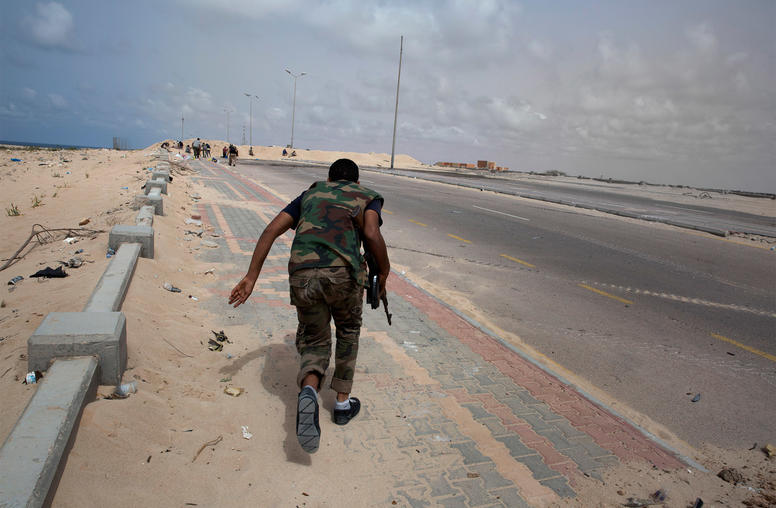
Four Things to Know About Libya’s Conflict and Foreign Interference
Libya’s post-2011 conflict has degenerated into a theater for regional and major power competition. The competing Libyan factions—the western-based, internationally recognized Government of National Accord (GNA) on one side and Khalifa Haftar’s forces and the Tobruk-based parliament on the other—each have significant foreign support that has only exacerbated the country’s existing conflict drivers. Despite repeated attempts by the international community to limit foreign interference, the major players only continue to deepen their involvement. What does this all mean for Libya’s political future and for its people? Here are four things you need to know.